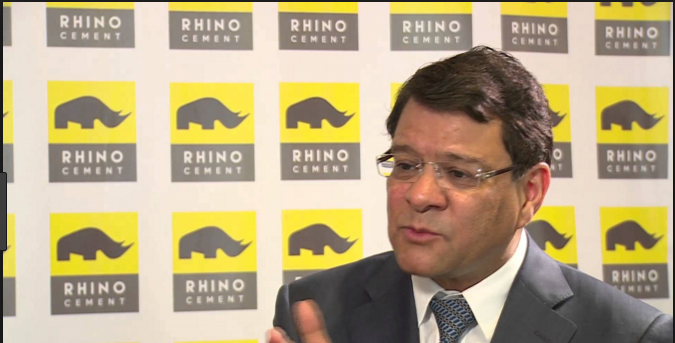Former ARM Cement CEO Pradeep Paunrana has obtained a court order barring the company from transferring the local business operations to its competitor National Cement. Through O&M Advocates, Mr. Paunrana said that the Sh5 billion offered by National Cement undervalues ARM Cement. The judge ordered that the administrators, “shall not execute/complete sale documents and/or transfer, sell the shares/assets of the company until hearing and determination of the instant application.”
ARM was placed under administration on August 17 2018 after failing to pay creditors at the time having a Sh14 billion debt and a negative equity of Sh2.4 billion. PricewaterhouseCoopers (PwC) executives Muniu Thoithi and George Weru were appointed the joint administrators of the company.
Prior to suspension at the Nairobi Stock Exchange, ARM’s market valuation was Sh5.3 billion thus the reason for acceptance of the Sh5 billion buyout price.
A consortium led by the former CEO had bid for the firm’s Kenyan assets for ksh6.5bn which is Sh1.5 billion higher than the winning bid. Mr. Paunrana is a significant shareholder at ARM whose family has been leading the firm since inception in 1974.
Mr. Paunrana’s bid was received on May 17, more than a month after the April 5 deadline for submission of bids. In a letter dated May 29, PwC rejected the bid citing lack of proof of funds and the conditional “Expression of Interest” failed to provide comfort and deal certainty which are a critical consideration for the bidding process. Mr. Paunrana’s bid did not meet the Sh1 billion cash guarantee condition.
PwC administrators had already settled on the sale of ARM Kenya assets for Sh5 billion to National Cement Company Limited (NCCL) as a going concern. In addition, the administrators were considering selling ARM’s subsidiaries in Tanzania and Rwanda.
Mr. Paunrana and other shareholders are unlikely to get any payoff from liquidation proceeds as the administrators give priority to secured creditors.
The company released a statement saying that it will continue to pursue the sale of assets belonging to the troubled firm after conclusion of the litigation to achieve the best possible outcome for the company’s creditors.




